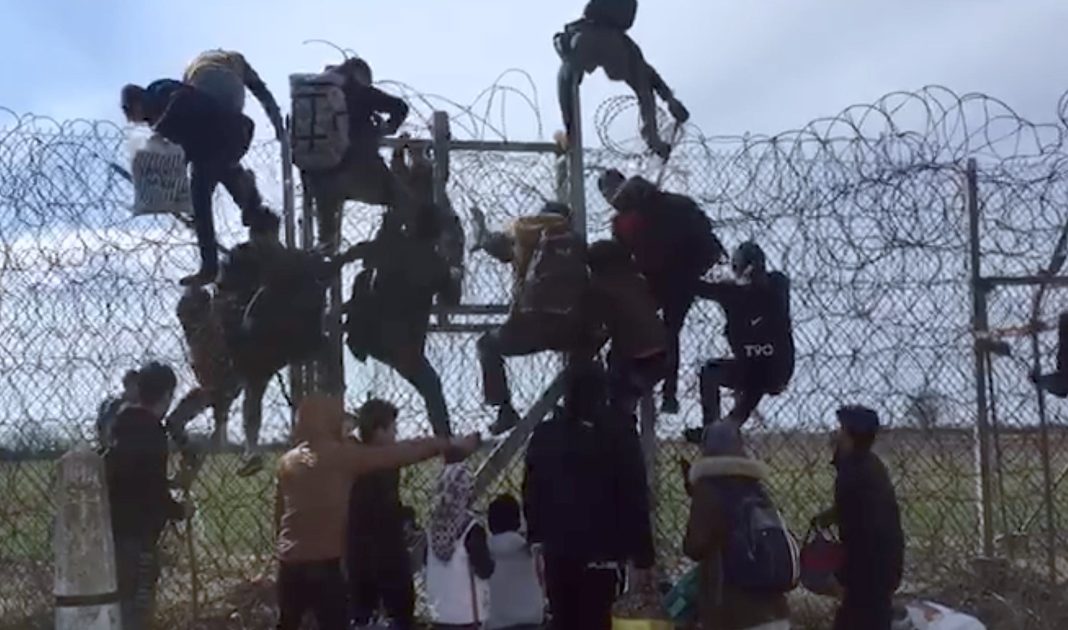ISTANBUL (TURKISH JOURNAL) – By Janet Ekstract – EU foreign policy chief, Josep Borrell spoke to the press late Tuesday, emphasizing that Turkey and the EU need to work in sync to deal with their mutual challenges for the benefit of both, Borrell wrote on Twitter. Borrell met with Turkish Defense Minister Hulusi Akar and Interior Minister Suleyman Soylu and added that force and unilateral action are not the answer. The EU policy chief said there is a great need for de-escalation in Syria and the region and that his plan included an in-depth discussion with Turkey on security and defense issues.
The Turkish Defense Ministry twittered that the initial meeting included discussions on the current situation in Idlib that focused on the importance of mutual cooperation and dialogue regarding Idlib. A major issue is that any agreement made has been broken by the Syrian regime and its allies who were brought to the negotiation table under the auspices of the United Nations back in December and were to continue in January when the Syrian regime walked out of the talks. A safe zone was supposed to be set up, according to a plan that Turkey had discussed with Russia, three months ago. Since then, numerous attacks have been carried out on Idlib by Russian forces and the Syrian regime where a safe zone was called for and where fighting is prohibited.
Meanwhile, on Wednesday, Borrell and his delegation met with Turkish Vice President Fuat Oktay and a Turkish delegation to discuss the current situation in Syria including the humanitarian crisis in Idlib and the situation of migrants. The closed-door meeting was held in Ankara and included discussions on the 2016 Turkey-EU deal which covers issues of visa exemption, the Customs Union, and EU membership negotiations. A major conclusion to come out of the talks was an agreement that the EU should take its “fair share of responsibility.” The 2016 agreement that was signed on March 16 of that year had made pledges for visa-free travel for Turkish citizens as well as financial support, resettlement and a revision of the Customs Union.
One of the major issues is Turkey’s launch of Operation Spring Shield on February 27 after an estimated 34 Turkish soldiers were killed in an airstrike in Idlib by the regime of Syrian President Bashar al-Assad. Under a deal made with Russia in 2018, Turkish troops were to be in Idlib to protect civilians from attacks by the Assad regime and its allies. The situation has turned dire with more than 1,300 civilians killed and more than 300,000 Syrians displaced in the Idlib de-escalation zone with 1 million refugees fleeing toward Turkey’s Syrian border.
The border crisis has become untenable and Turkish President Recep Tayyip Erdogan has called for action from Greece since he opened the border for Syrian migrants to flee toward Europe. Turkey already hosts close to 4 million Syrian refugees and in an interview with CNN Turk, Turkey’s vice president Oktay condemned the behavior of the Greek authorities for using unnecessary force and cruelty on migrants. Greece announced it would not take any applications for asylum for at least a month, leaving migrants stranded at the border with almost no supplies, no shelter and very little else.




